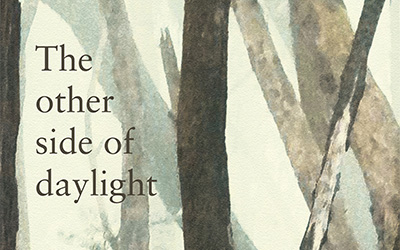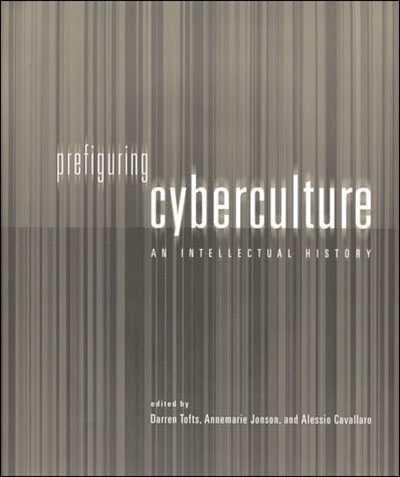Poetry
The Other Side of Daylight: New and selected poems by David Brooks
by John Hawke
The final poem of this superb collection, ‘The Darkness’, identifies a primal scene. The young protagonist is a nascent poet, watching over the embers of a desert fire in early morning, awaiting the breath of a Pentecostal wind to rekindle the flames. It is a parable which emblematises the difficult task of transformation that is central to poetry itself: the boy contends with ‘fragments / that will not alchemise to song / that yield not / to the metaphrast’.





























